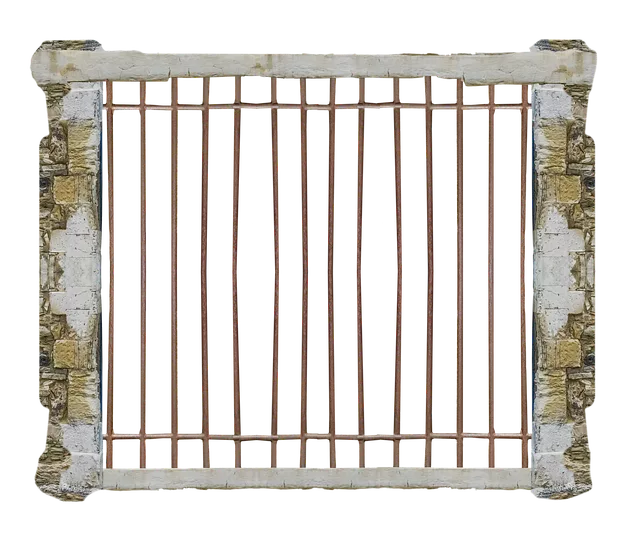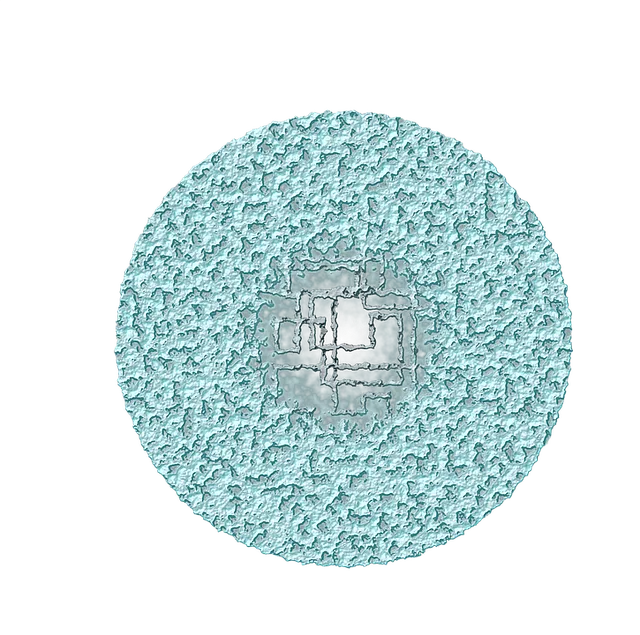Delta 8 THC, a synthetic hemp-derived compound, offers a legal alternative to cannabis with milder psychoactive effects compared to Delta 9 THC. It provides therapeutic benefits, such as pain and anxiety management, while retaining some Kratom-like properties from Bali Red Kratom Powder, enhancing social interactions and sensory perception. However, the unregulated market poses risks, with varying product quality and unknown long-term effects, raising concerns about potential psychosis risks. Responsible consumption and choosing reputable brands with third-party lab testing are crucial to ensure safety.
“Delta-8 THC, a synthetic compound derived from cannabis, has gained recent attention for its psychoactive properties. This article explores Delta-8’s unique effects and compares it to a popular alternative, Bali Red Kratom Powder. We’ll uncover the insights behind Delta-8’s rise, its potential benefits, and risks, providing a comprehensive guide for informed decision-making. Whether you’re curious about synthetic cannabinoids or considering alternatives like Bali Red Kratom, this read offers valuable perspectives on navigating the current landscape.”
- Understanding Delta 8 THC: Unraveling the Synthetic Compound
- Psychoactive Effects: What to Expect from Delta 8
- Comparing Delta 8 to Bali Red Kratom Powder: A Closer Look
- Potential Benefits and Risks: Navigating the Current Landscape
Understanding Delta 8 THC: Unraveling the Synthetic Compound

Delta 8 THC, a synthetic compound closely related to its more renowned counterpart, Delta 9 THC, has gained significant attention in recent times. Unlike Delta 9 THC, which is responsible for the intoxicating effects of cannabis, Delta 8 offers a milder high while retaining some of the therapeutic benefits. This subtle yet potent compound is derived from hemp and synthetic processes, making it legally distinct from traditional cannabis products.
The synthesis of Delta 8 THC involves converting CBD (cannabidiol) into this specific isomer through various chemical transformations. This process allows for a unique psychoactive experience that blends elements of both cannabis and kratom-like compounds, such as Bali Red Kratom Powder, known for its soothing and energizing effects. Researchers are exploring its potential in managing pain, anxiety, and sleep disorders, providing an alternative option for those seeking the benefits of cannabis without the intense mental alterations associated with Delta 9 THC.
Psychoactive Effects: What to Expect from Delta 8

Delta-8 THC, a synthetic compound similar to cannabis, has gained popularity for its psychoactive effects, offering a unique experience distinct from its more well-known counterpart, Delta-9 THC. When consumed, Delta-8 can induce feelings of euphoria and relaxation, often described as a milder high compared to traditional cannabis. Users report a sense of calm and heightened sensory perception, similar to the effects of certain herbs like Bali Red Kratom Powder, known for its soothing and energizing properties.
The experience with Delta-8 is characterized by heightened creativity and a distorted sense of time. It can enhance social interactions and stimulate conversation, making it a preferred choice for those seeking a more sociable high. However, as with any psychoactive substance, individual reactions may vary, and it’s crucial to approach Delta-8 consumption responsibly, considering potential side effects and personal tolerance levels.
Comparing Delta 8 to Bali Red Kratom Powder: A Closer Look

Delta 8 THC, a synthetic compound derived from cannabis, has gained popularity for its psychoactive effects, often compared to those of Bali Red Kratom Powder. While both offer psychological enhancements, they differ significantly in their origins and mechanisms of action. Delta 8 THC is a cannabinoid, meaning it interacts with the endocannabinoid system in our bodies, whereas Bali Red Kratom Powder contains mitragynine, a chemical compound unique to the kratom plant.
The effects of Delta 8 are often described as milder and more balanced compared to its more well-known counterpart, Delta 9 THC. Users report feeling relaxed, elevated mood, and increased appetite without the intense anxiety or paranoia sometimes associated with traditional cannabis use. In contrast, Bali Red Kratom Powder is renowned for its energizing yet calming properties, making it a popular choice for those seeking relief from chronic pain and stress. Its effects are more pronounced in physical sensations, offering a distinctive blend of stimulation and relaxation.
Potential Benefits and Risks: Navigating the Current Landscape

The current landscape of Delta 8 THC (d8THC) presents a double-edged sword for consumers seeking alternative cannabis experiences. On one hand, d8THC offers potential therapeutic benefits similar to its more renowned counterpart, Delta 9 THC, but with reduced psychoactive effects. Some users report feeling relaxed and euphoric without the intense anxiety or paranoia often associated with traditional cannabis use. This makes it an appealing option for those looking for a milder high, especially in regions where medical or recreational cannabis is limited or highly regulated.
However, navigating this relatively new market requires caution. Just as with any synthetic compound, d8THC products vary greatly in quality and potency. The lack of standardized regulations means some manufacturers may cut corners, leading to inconsistent dosages and potentially harmful additives. Moreover, the long-term effects of regular d8THC use are not yet fully understood, raising concerns among health experts. For instance, one study suggests a link between synthetic cannabis use and increased risk of psychosis, especially in vulnerable individuals, mirroring findings on the effects of bali red kratom powder. Thus, consumers must approach these products with informed caution, prioritizing reputable brands that offer third-party lab testing to ensure safety and efficacy.
In conclusion, Delta 8 THC synthetic cannabis offers a unique psychoactive experience, bridging the gap between cannabis and kratom. While it shares similarities with Bali Red Kratom Powder in terms of effects, understanding its distinct properties is crucial for informed decisions. As the legal landscape evolves, recognizing both the potential benefits and risks associated with Delta 8 is essential to ensure safe and responsible use.






